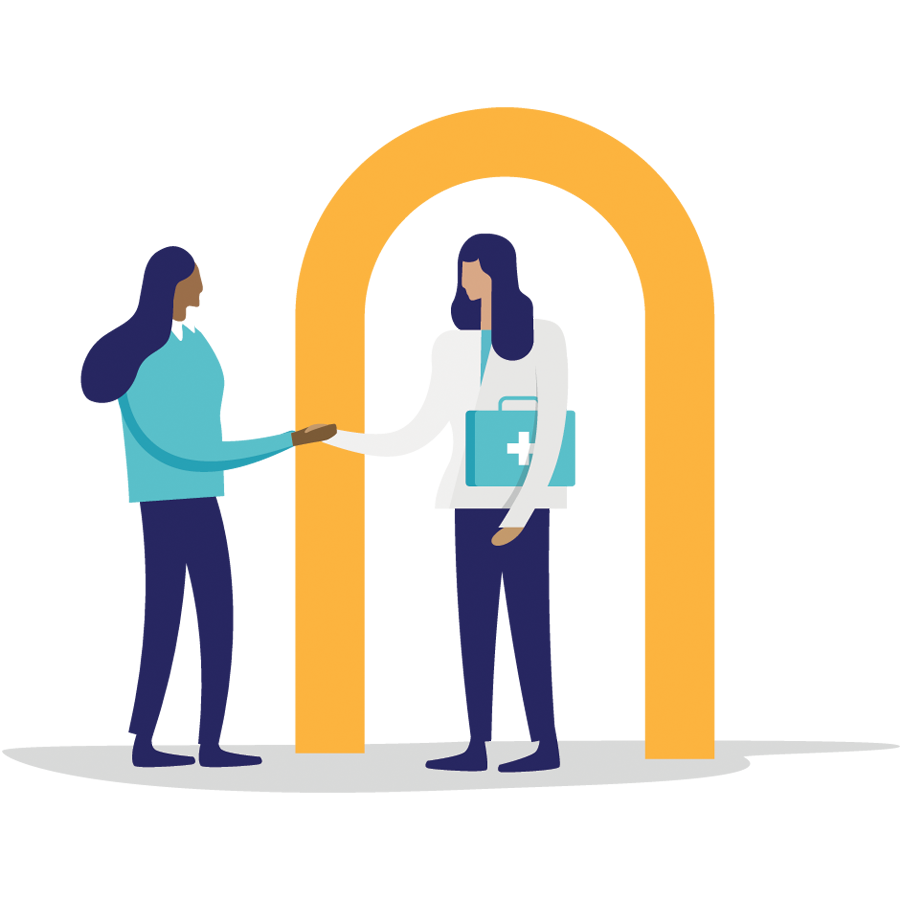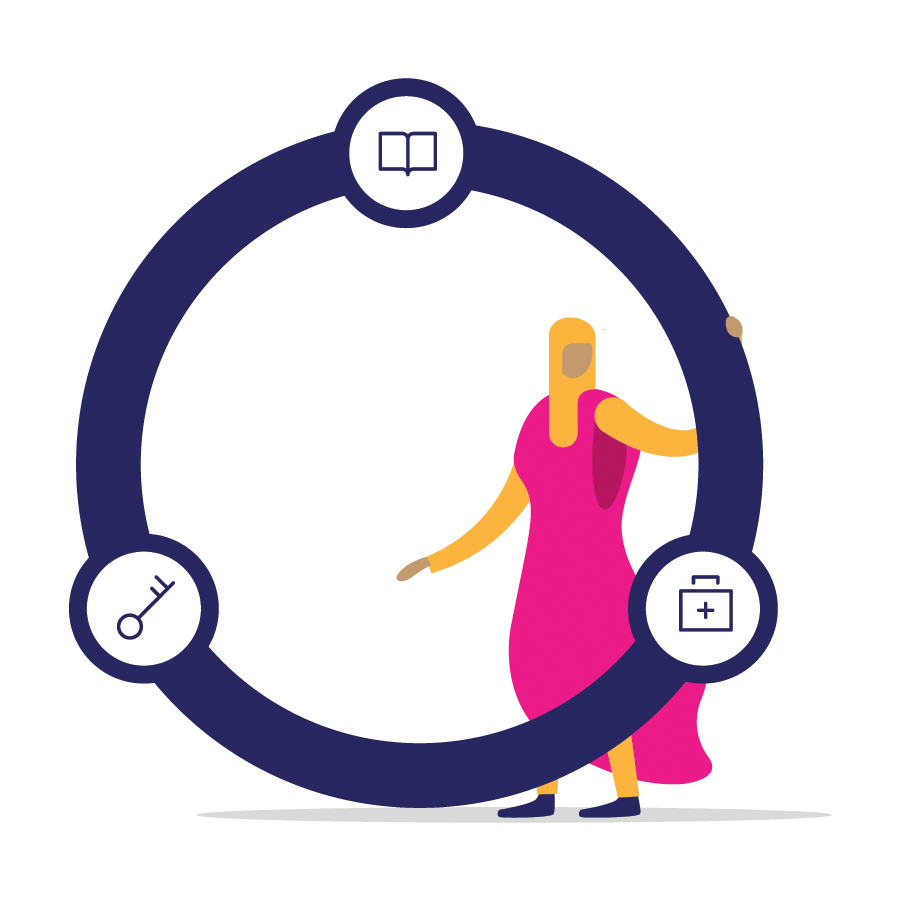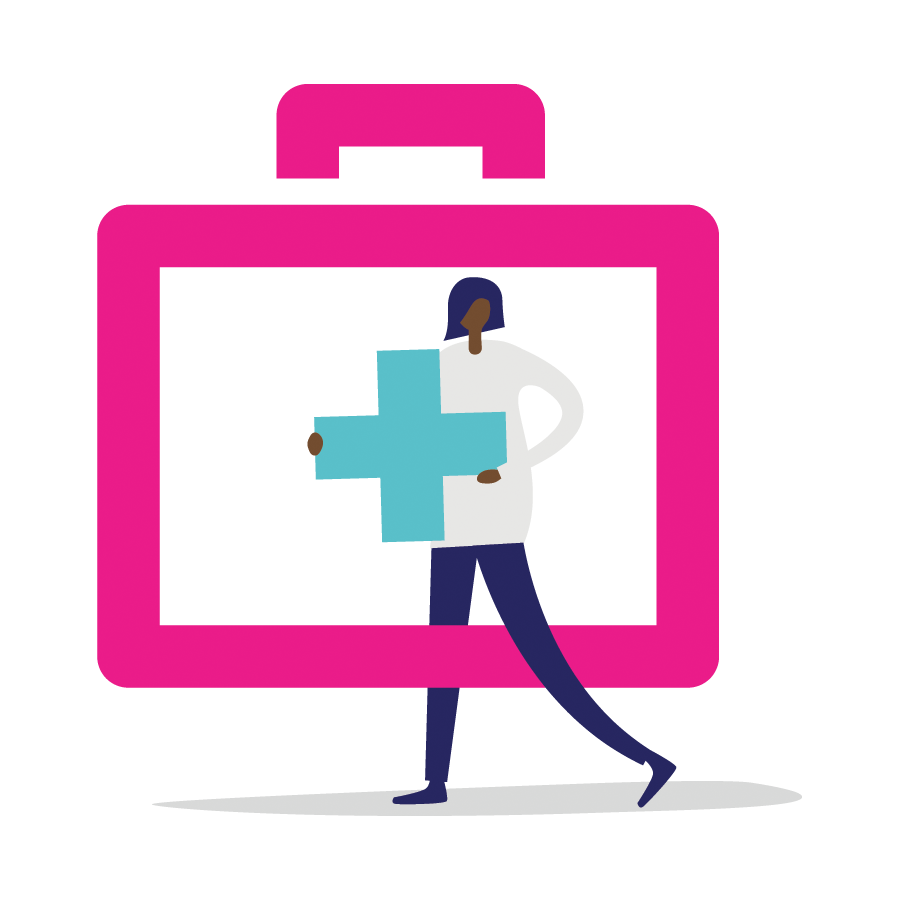Subscribe to our newsletter to receive the latest SafeAccess articles, straight to your inbox.
sign upMisoprostol: starting a revolution in access to safe abortion
Over the past two decades, the drug misoprostol has drastically altered the landscape for safe abortion care: it has led to declines in the severity of complications from unsafe abortion, and the rate of deaths from unsafe abortions has dropped substantially, by 42% between 1990-1994 and 2010-2014. In many settings, misoprostol offers a safe alternative to traditionally-used unsafe methods of abortion, such as herbs or insertion of objects into the uterus.
Misoprostol has the potential to make significant contributions to the elimination of unsafe abortion. According to projections, if all women having unsafe abortions used misoprostol instead, deaths from induced abortion would decline by two-thirds in developing regions. More recently, the availability of ‘combi-packs’ in many countries, which contain the correct quantities of mifepristone and misoprostol to induce an abortion in the first trimester, offers an even safer and more effective alternative.
These medications can be safely self-managed by women: the WHO guidelines on health worker roles recommend that women themselves can safely self-manage medical abortion in circumstances where they have access to appropriate information and to health services should they need or want them at any stage of the process.
Pharmacies also play an important role in facilitating women to self-manage medical abortion, as in many cases, misoprostol and combi-packs are purchased from pharmacies and other types of drug sellers. Pharmacies are commonly a first source of health care and can be considered a more affordable or confidential option by women who are seeking abortion. As a result, it’s essential that pharmacies are providing sufficient support and information to ensure women are administering safely.
The challenge: ensuring high quality pharmacy provision of medical abortion
Although pharmacies have played a critical role in expanding access to safe abortion products, challenges prevail with ensuring that pharmacies offer a high-quality service.
Many studies have assessed the way that pharmacies offer abortion products and advice, across countries in Latin America, Africa and Asia. These studies have identified challenges that prevent women from accessing adequate information about how to use medical abortion products safely and where to go for follow up care if needed. These barriers include:
- Pharmacy workers often do not counsel their clients accurately about how to use the medications, what to expect and what to do in case of any problems
- Pharmacy workers may not check for potential contraindications that could make certain medication unsuitable or check the gestational age of clients before selling the medications
- Pharmacy workers sometimes sell the products outside of their formal packaging, removing any instructions that come with the product and might be needed to use the products safely
- Pharmacies sometimes sell ineffective or poor-quality products, for example, if they were incorrectly stored
- Even when sold with their packaging, products often do not have adequate clear instructions inside, including pictorial instructions, particularly for misoprostol as it is rarely indicated for abortion.
Although medical abortion medications can be used safely and effectively with very minimal supervision, women do need adequate information about how to use the products and what side effects to expect. If pharmacies do not provide this information, women may be able to access the required information elsewhere, but they may also use the drugs in incorrect dosages or feel unprepared for their experience of using the medications.
How can we improve pharmacy provision of medical abortion?
To maximise the potential for medical abortion to improve access to safe abortion and reduce use of unsafe methods, pharmacies need to be supported to ensure that high quality products are available, and women have access to client-centred information about how to use these products safely.
MSI and Ipas have created an infographic outlining the pathway that an individual might take when accessing medical abortion from a pharmacy, and some of the common challenges faced along the way. It also shows some of the ways in which organisations can support pharmacies to increase access and improve quality such as:
- Training pharmacy workers to deliver accurate information and support
- Ensuring contact details are included on the packaging for follow-up care, in case unexpected side effects arise
- Providing 24 hour hotlines to share tailored information about MA self-management and follow-up care
- Including pictorial instructions in product packaging, for clients with language and literacy barriers
Strategies that focus on pharmacy workers may improve the safety of services available. For example, with adequate training, pharmacists in Nepal were able to dispense MA safely and effectively in a recent study.
However, organisations are also finding ways to ensure women can access information without relying on pharmacy staff, as improvements in pharmacist knowledge do not always contribute to improvements in improvements in practice. For example, safe abortion hotlines are commonly used to ensure that individuals can access counselling and information about self-management of medical abortion. Hotlines can offer confidential and personalised counselling, and including an advice line on the packaging of medical abortion products can help facilitate access to those who need it. Websites like howtouseabortionpill.org also offer information about how to use the pills in a freely accessible way.
However, approaches that do not rely on access to technology are also important. Accompaniment models (networks of individuals who provide information and support to women seeking abortion) and other community-based health workers can supplement pharmacy provision by ensuring women have access to information and support throughout the medical abortion process.
In summary: medical abortions are getting safer but we still have more to learn
Although access to medical abortion through pharmacies has been a growing phenomenon over the past two decades, there is still much we need to learn about how to ensure women can access the information they need to safely self-manage medical abortion following a pharmacy purchase.
By ensuring that quality medical abortion products are available, and that information is available through product pharmacy-based educational materials, hotlines, websites and community health workers, medical abortion has the potential to drastically reduce unsafe abortion and protect reproductive rights globally.







